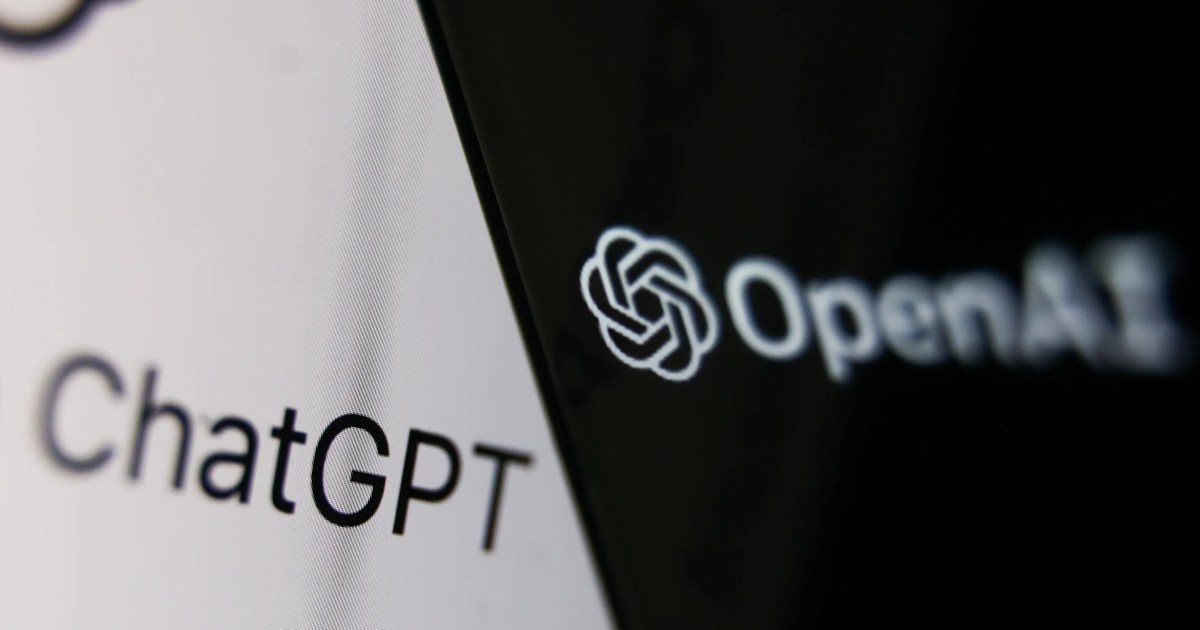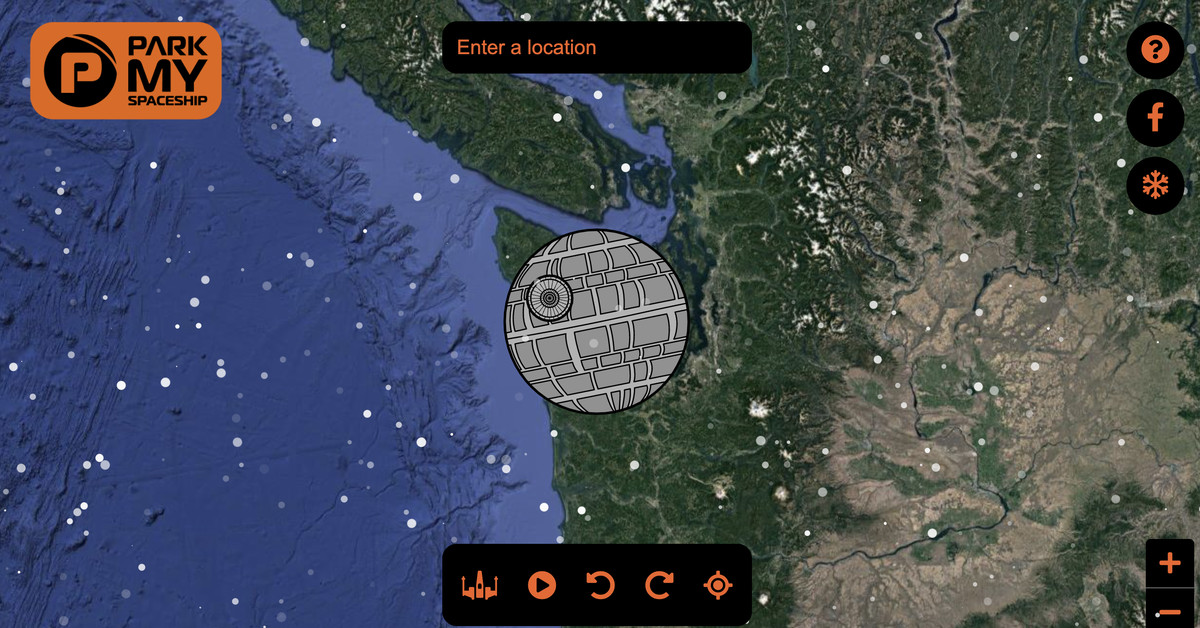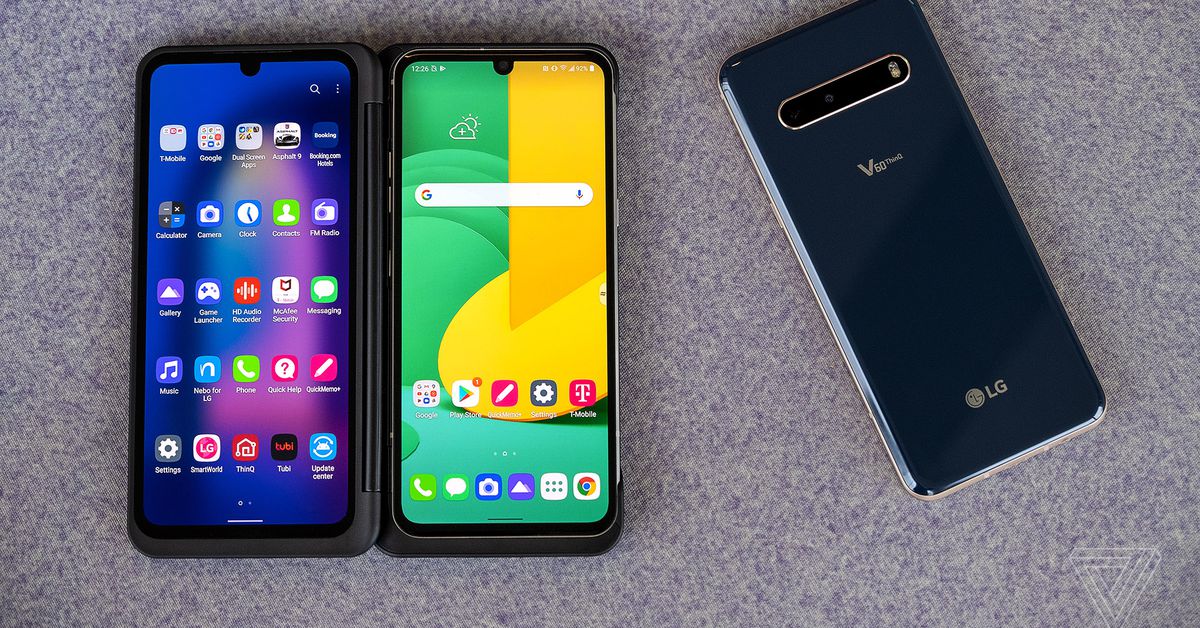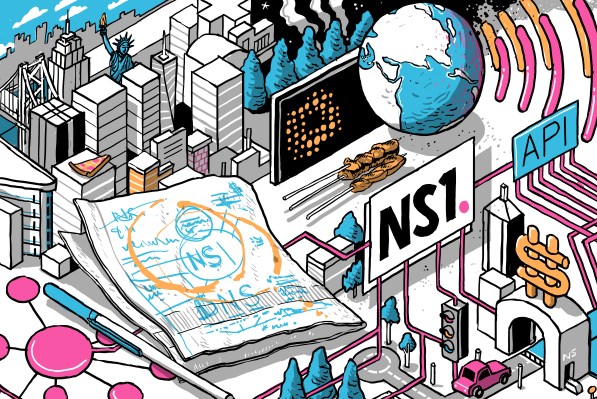ChatGPT misidentified Japan’s PM, digital minister says
OpenAI's ChatGPT chatbot is impressive on many fronts, but it appears it needs to brush up its knowledge on world leaders.

OpenAI’s ChatGPT may be pretty smart, but it’s not currently able to correctly identify the person at the helm of the world’s third-biggest economy.
Japan’s digital minister, Taro Kono, said that when he recently tried out OpenAI’s much-lauded chatbot, it mistook him for Japan’s prime minister, Fumio Kishida — the person he lost to in a leadership election in 2021.
“I asked ChatGPT who Kono Taro is and he came back with the wrong answer, so you need to be careful,” Kono told Bloomberg, adding that the chatbot responded with: “The prime minister of Japan.”
ChatGPT’s website it points out that the chatbot “may occasionally generate incorrect information.”
Kono was speaking as his administration begins to examine the pros and cons of AI, with the issue of regulation expected to come up during the Group of Seven meeting in Hiroshima later this week.
Japan’s digital minister told Bloomberg that Japan is “more eager to try new AI technologies,” adding that the government is discussing its use with various companies in the sector.
Kono’s comments come a month after OpenAI CEO Sam Altman visited Tokyo to discuss business. While his AI tool may have been confused about Kono’s identity, we’re assuming Altman knew who he was speaking to during a meeting with the actual prime minister, Fumio Kishida. Altman revealed during the exchange that OpenAI is considering opening an office in Tokyo “to engage with the wonderful talent and build something great for Japanese people and make the models better.”
In other comments during his first overseas trip since ChatGPT went viral in November, Altman said, “Japan is certainly one of the centers of the world, first with image generation and now with ChatGPT,” claiming that the chatbot has more than a million daily users in the country.
While politicians can sometimes be accused of being out of touch when it comes to tech, Kono seems like a good fit for his role as digital minister, promising to modernize the technology used by government departments while at the same time earning a reputation for his savvy use of social media as a way of connecting with voters. The minister has 2.6 million followers on the platform, nearly four times more than the Japanese prime minister’s account. Kono, who studied in the U.S. in the 1980s, also tweets from an English-language account that has more than 75,000 followers.
Certainly, Kono is better suited to the position of digital minister than Yoshitaka Sakurada was for the post of cyber-security minister, a task he was given in 2018 despite never having used a computer.
Editors' Recommendations
ChatGPT: How to use the AI chatbot that’s changing everything OpenAI’s new Shap-E tool is Dall-E for 3D objects Steve Wozniak warns AI will make scams even more convincing Protect public from AI risks, White House tells tech giants The best apps powered by GPT-4![]()
Not so many moons ago, Trevor moved from one tea-loving island nation that drives on the left (Britain) to another (Japan)…
The updated Bing Chat leapfrogs ChatGPT in 6 important new ways
Just three months after its initial release, Microsoft has unveiled an evolution of Bing Chat that adds some key new features -- and in some ways, takes it beyond what can be done with ChatGPT.
Bing Chat has officially left its Limited Preview stage, eliminating the waitlist and opening up access to all. This new version of Bing Chat can be accessed through Bing and the Edge browser by logging into your Microsoft account. Once there, you'll find access to these four new features that greatly expand what Bing Chat's AI capabilities can do.
Visual answers
Meta issues warning to look out for ChatGPT-related scams
As sure as night follows day, scammers have been quick to take an interest in ChatGPT, the advanced AI-powered chatbot from Microsoft-backed OpenAI that burst onto the scene in November.
In a new security report posted by Meta on Wednesday, the company formerly known as Facebook said that since March alone, its security analysts have uncovered around 10 types of malware posing as ChatGPT and similar AI-based tools that aim to compromise online accounts, especially those of businesses.
Here are 11 things that ChatGPT will refuse to do
ChatGPT is an amazing tool, a modern marvel of natural language artificial intelligence that can do incredible things. But with great power comes great responsibility, so ChatGPT developer OpenAI put some safeguards in place to prevent it from doing things it shouldn't. It also has some limitations based on its design, the data it was trained on, and the sheer limitations of a text-based AI.
There are, of course, differences between what GPT-3.5 can do compared to GPT-4, which is only available through ChatGPT Plus. Some of those things are just on hold while it develops further, but there are some things ChatGPT may never be able to do. Here's a list of 11 things that ChatGPT can't or won't do. -- for now.
It can't write about anything after 2021

 Troov
Troov 



































